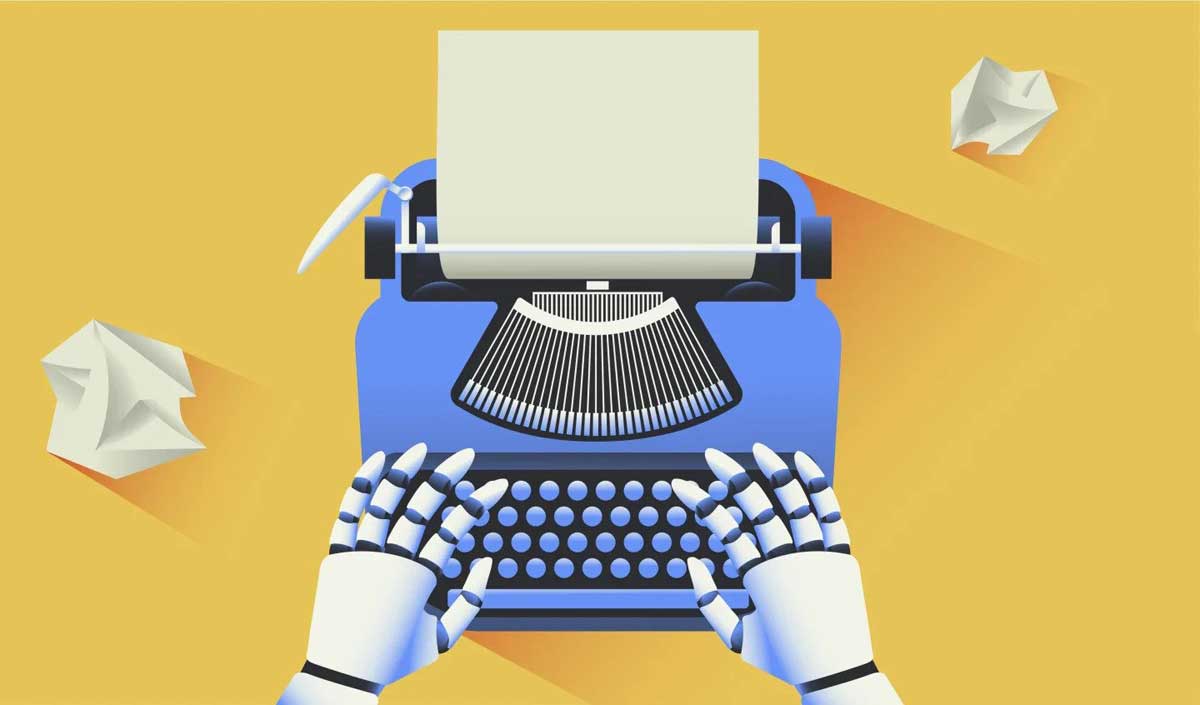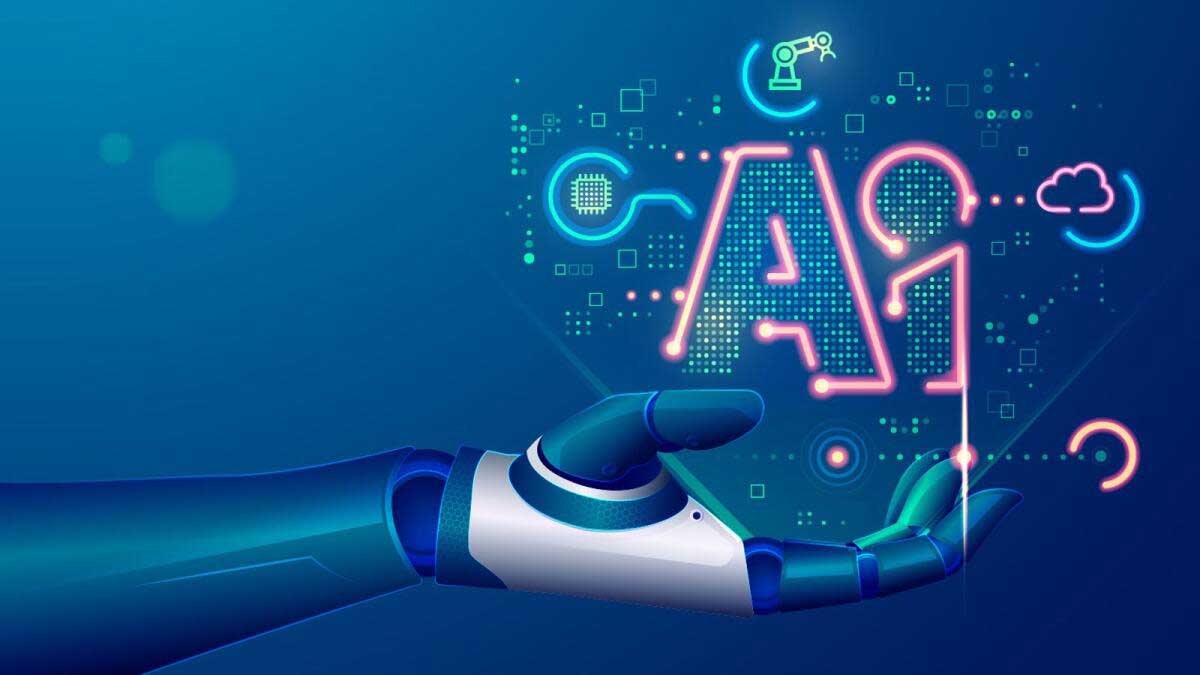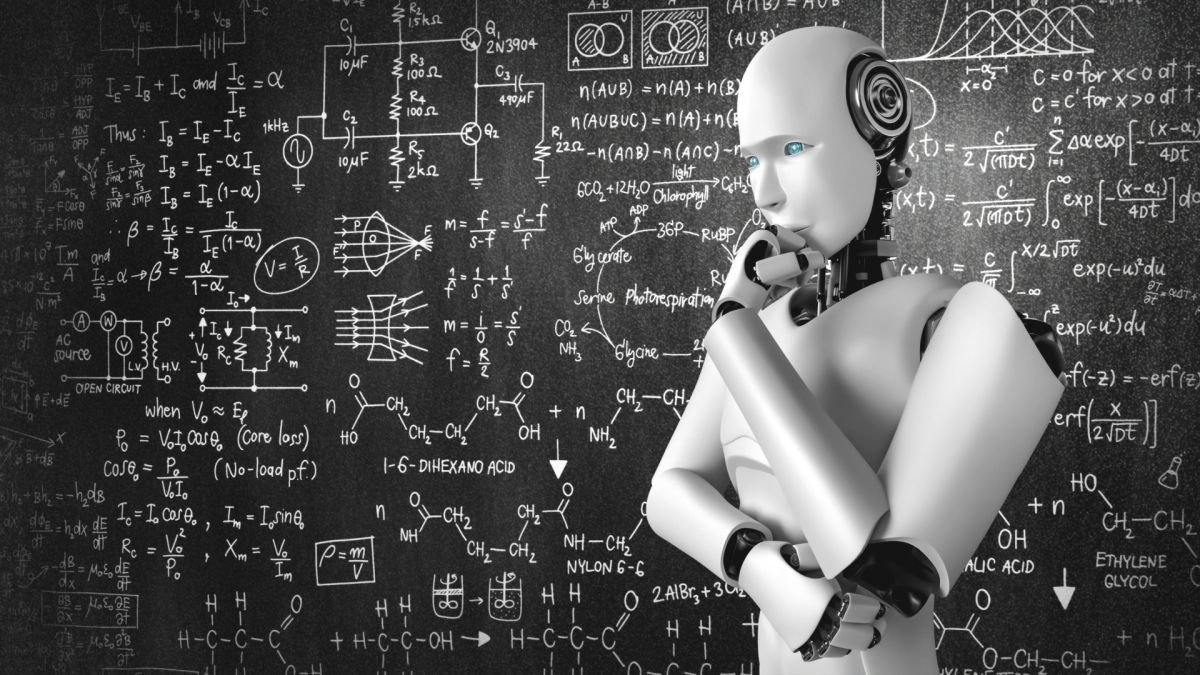Artificial Intelligence (AI) has the potential to address some of the world’s most pressing challenges, including poverty alleviation. By leveraging AI technology, we can create innovative solutions that tackle poverty from various angles. Here’s how AI can be used to reduce poverty:
Enhanced Access to Information
Access to information is crucial for individuals and communities to make informed decisions and pursue opportunities. AI-powered platforms can gather, analyze, and disseminate relevant data, such as market trends, job opportunities, and social services, to underserved communities. By providing access to vital information, AI can empower individuals to make better choices and improve their economic situations.
Economic Empowerment
AI can facilitate economic empowerment by expanding access to financial services and opportunities. For example, AI-powered credit scoring models can assess creditworthiness based on alternative data sources, enabling individuals with limited financial histories to access loans and financial services. AI algorithms can also assist in identifying viable business opportunities, optimizing supply chains, and predicting market trends, helping entrepreneurs and small businesses thrive.
Job Market Transformation
While there are concerns about job displacement due to AI, it also creates new employment opportunities. AI technologies can automate routine and repetitive tasks, freeing up human resources for more complex and value-added work. Additionally, AI can facilitate skill development and retraining programs, equipping individuals with the expertise needed for emerging job roles. By transforming the job market, AI can enhance productivity, create new industries, and reduce unemployment rates.
Targeted Social Programs
AI can optimize the allocation of resources for social programs, ensuring that assistance reaches those who need it the most. By analyzing vast amounts of data, AI algorithms can identify and prioritize individuals and communities living in poverty. This data-driven approach enables policymakers to design targeted interventions, such as cash transfer programs or social support services, that effectively address the specific needs of disadvantaged populations.
Precision Agriculture
Agriculture is a vital sector for poverty reduction in many developing countries. AI can improve agricultural practices through accurate farming procedures. AI framework can analyze information from sensors, satellites, and weather conditions to maximize irrigation, managing of crops, and assist in the elimination of pests. By optimizing the yields and reducing losses, AI can increase farmers’ earnings, enhance food security throughout the year, and uplift rural communities.
Healthcare Access and Affordability
AI can contribute to improving healthcare access and affordability, which are critical factors in poverty reduction. AI algorithms can help diagnose diseases, monitor patient health, and suggest treatment plans, even in remote areas with limited healthcare resources. Telemedicine platforms powered by AI can connect patients with doctors and specialists, enabling them to receive medical advice and consultations from a distance, reducing travel costs and improving healthcare outcomes.
Disaster Response and Resilience
AI can play a significant role in mitigating the impact of natural disasters and improving resilience in vulnerable communities. AI-powered early warning systems can detect and predict disasters, allowing authorities to take timely preventive measures and evacuate populations at risk. AI can also support post-disaster recovery efforts by analyzing satellite imagery to assess damages, optimize resource distribution, and facilitate reconstruction planning.
In conclusion, AI has the potential to be a powerful tool in reducing poverty. By enhancing access to information, empowering individuals economically, transforming the job market, targeting social programs, improving agriculture and healthcare, and strengthening disaster response, AI can contribute to creating a more equitable and inclusive society. However, it is crucial to ensure that AI implementation is guided by ethical principles and policies to prevent further exacerbation of existing inequalities and to maximize its positive impact on poverty reduction.





Leave A Comment